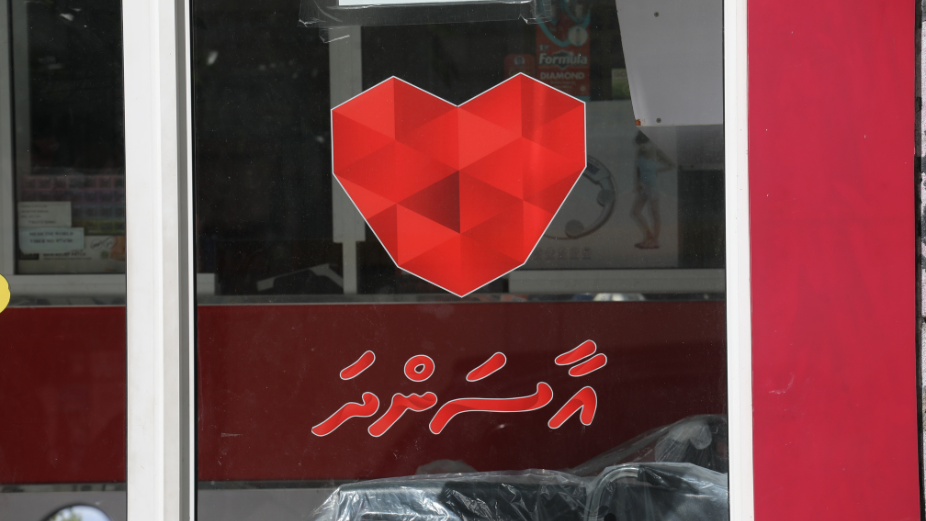
The Maldivian government has announced reforms in the 2025 state budget, introducing income-based co-payments for certain medical services. Effective from April, these measures aim to improve healthcare infrastructure and ensure equitable access to essential services.
Key Features of the Reform
Individuals earning over USD 3,894 per month, or those liable to pay income tax, will contribute to healthcare costs through a co-payment mechanism at pharmacies and government hospitals. This progressive system ensures that higher-income individuals pay a larger share, promoting fairness within the healthcare framework. Contributions will be proportionate to income levels, with higher earners covering a greater portion of costs.
Additionally, these individuals will share the cost of non-essential outpatient medications. To prevent financial strain, the government has set a cap on total out-of-pocket expenditures. Exemptions are in place for vulnerable groups, including children under 18, senior citizens over 65, and individuals with chronic illnesses.
Global Perspectives on Co-Payment Systems
Co-payment models are employed worldwide to balance healthcare funding and accessibility. In New Zealand, patients contribute between NZD 15 to NZD 50 for primary care visits, depending on age and income, ensuring that those with higher earnings contribute more to the system.
Norway implements a similar approach, with patients paying NOK 155 to NOK 334 for primary care services. These contributions are capped annually to protect individuals from excessive healthcare expenses. Such systems are designed to share healthcare costs between the government and citizens, promoting sustainability while maintaining access to essential services.
Implications for the Maldivian Healthcare System
The Maldives’ health sector currently incurs annual expenditures of approximately USD 389.4 million, with between USD 129.8 million and USD 194.7 million allocated to Aasandha and medical welfare services. The introduction of income-based co-payments is expected to alleviate fiscal pressures by diversifying funding sources and directing resources to those most in need.
However, the success of this reform hinges on careful implementation. Clear communication is essential to ensure public understanding and acceptance. Transparency in setting contribution rates and defining non-essential medications will be crucial to avoid perceptions of unfairness. Robust mechanisms must be established to monitor out-of-pocket spending caps and prevent financial strain on households.
By adopting a balanced approach, the Maldives aims to achieve a more sustainable and equitable healthcare system, ensuring better outcomes for all citizens.












